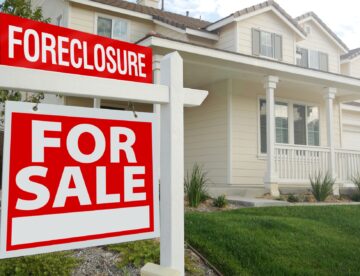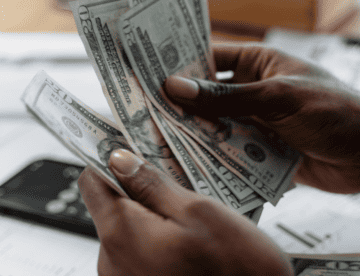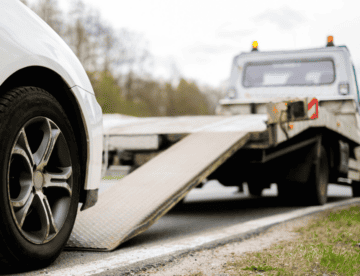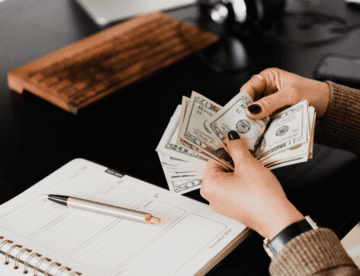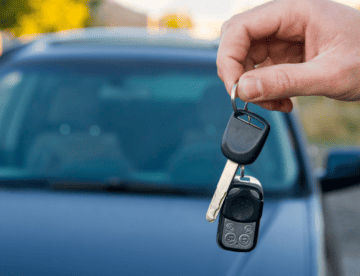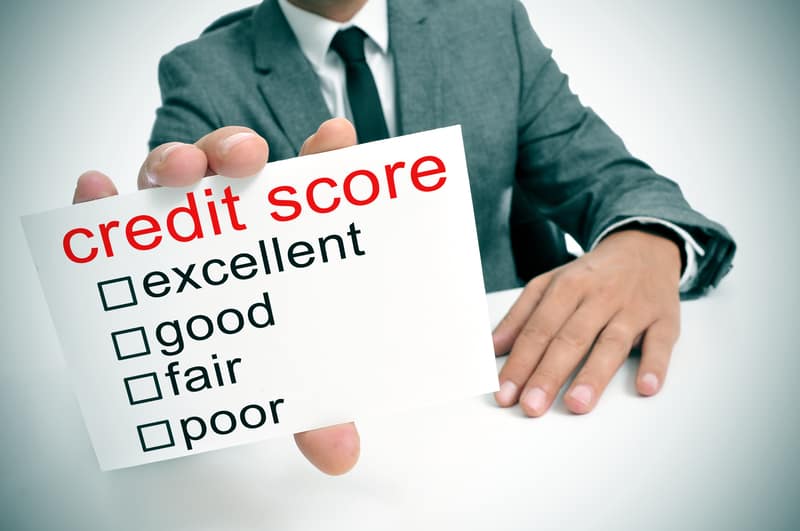
Facing the possibility of bankruptcy can be overwhelming, especially when you’re worried about your future access to credit cards. The fear of choosing between financial ruin and permanently damaged credit is daunting. However, understanding the connection between bankruptcy and credit cards, and how it affects your credit card debt and credit score, can help you make well-informed decisions tailored to your financial situation.
Pros: Eliminating Credit Card Debt Through Bankruptcy
Filing for Chapter 7 bankruptcy can be a lifeline if you’re struggling with overwhelming credit card debt. Chapter 7 aims to discharge unsecured debts, which include credit card balances. Once the court approves your bankruptcy, these debts are effectively wiped out. This fresh start allows you to regain control over your finances without the burden of insurmountable credit card debt. Many people find this relief pivotal in rebuilding their financial stability.
Cons: Immediate and Long-Term Credit Score Impacts
While eliminating credit card debt can be a huge relief, it comes with some immediate and lasting effects on your credit score:
- Credit Score Decrease: Your credit score can drop significantly, often by 100 to 250 points, depending on your initial score. Those with higher scores might experience a more substantial decline. However, some clients find that their credit scores start to recover within a year, provided they maintain responsible financial habits.
- Challenges in Securing New Credit: After bankruptcy, getting new credit can be tough. Home loans, car loans, and standard credit cards may be out of reach for several years. However, it’s possible to secure an FHA-insured mortgage after two years if you’ve rebuilt your credit or refrained from incurring new debt. In specific circumstances, such as uncontrollable financial hardship, exceptions might be made as early as 12 months post-bankruptcy.
- Higher Interest Rates: Any credit you manage to secure will likely come with higher interest rates due to the perceived risk. This means higher costs for any borrowed funds, which requires careful financial planning.
The Recovery: Rebuilding Your Credit Post-Bankruptcy
Recovering from bankruptcy and restoring your creditworthiness, including the ability to obtain credit cards, requires disciplined financial behavior. Here’s a detailed guide to help you on this journey:
- Timely Payments: Consistently making payments on time is crucial. Each on-time payment positively impacts your credit score, signaling to lenders that you’re responsible with credit.
- Low Credit Utilization: Maintain your credit card balances at or below 25% of your credit limit. This low utilization ratio helps improve your credit score over time.
- Start Small: Begin with secured credit cards where you deposit funds as collateral. These cards are less risky for lenders and can help rebuild your credit. Consider credit cards from small banks, credit unions, or department stores, which might offer more lenient terms.
- Avoid Predatory Lenders: Be cautious of credit card offers that seem too good to be true. Predatory lenders often target individuals recovering from bankruptcy with high interest rates and unfavorable terms.
Additional Considerations: Navigating Post-Bankruptcy Financial Landscape
Understanding the broader implications of bankruptcy can help you navigate your financial recovery more effectively:
- Financial Counseling: Enroll in financial counseling or debtor education programs. These resources provide valuable strategies for managing finances post-bankruptcy and avoiding future debt traps.
- Building an Emergency Fund: Establishing an emergency fund can prevent the need to rely on credit cards for unexpected expenses. Aim to save enough to cover at least three to six months of living expenses.
- Monitoring Your Credit Report: Regularly check your credit report to ensure that discharged debts are correctly reported and to track your progress. Dispute any inaccuracies to avoid further damage to your credit score.
- Exploring Alternative Financing Options: Consider alternative financing options such as credit-builder loans or secured loans, which can help improve your credit score while providing access to necessary funds.
Seeking Professional Guidance
Considering bankruptcy’s impact on your credit and financial future is complex and nuanced. Consulting with a knowledgeable attorney can provide clarity and personalized advice tailored to your situation. At Burrow & Associates, we offer free consultations to help you understand the implications of bankruptcy and credit cards on your overall financial health. We are committed to guiding you through these challenging times and supporting your journey towards financial recovery.
Reach out to us today for expert advice and support in managing your bankruptcy and credit cards situation. Let us help you navigate the path to financial stability with confidence and peace of mind. We have offices in the following locations:
